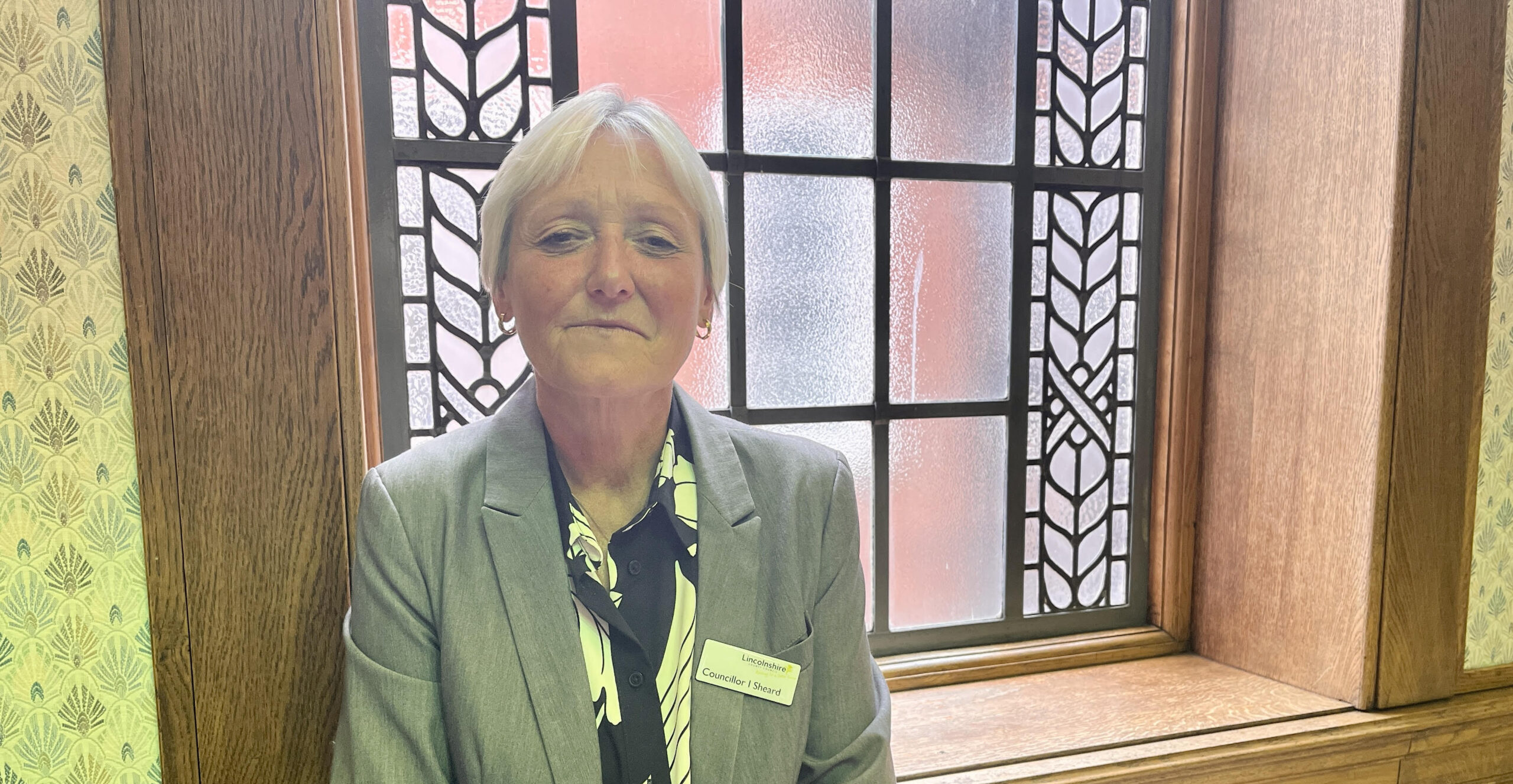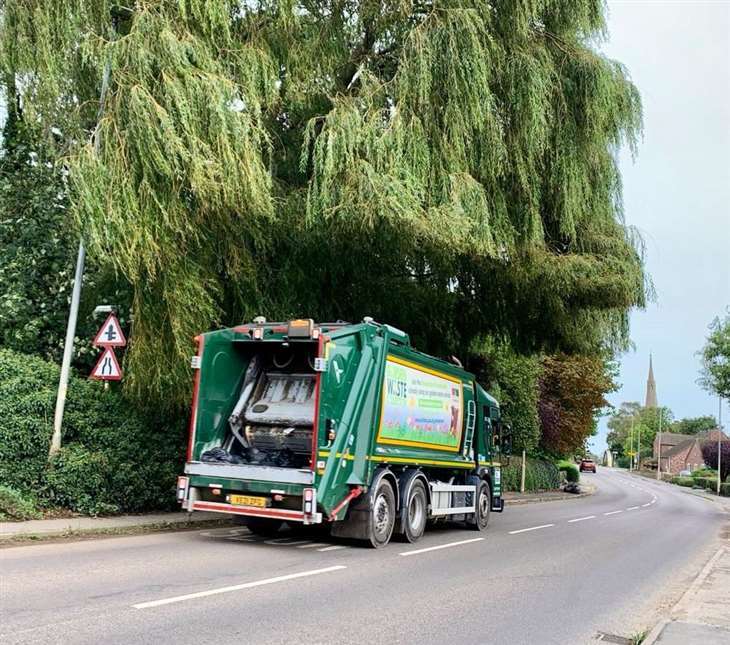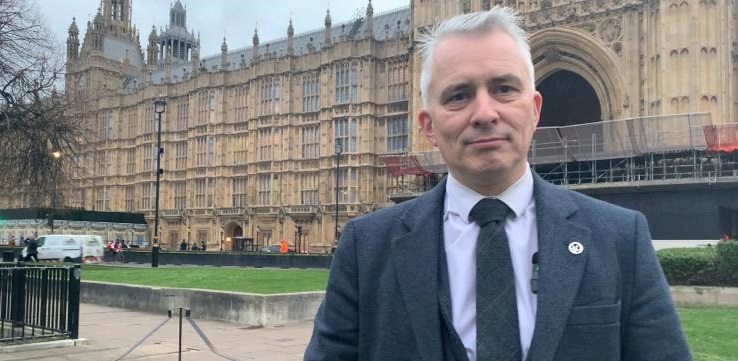Spalding could be one of the first places in Lincolnshire to have a biodiesel filling station in a bid to cut carbon.
The new facility would be one of two, with the other in Grantham, according to a county council report.
Members of the Environment and Economy Scrutiny Committee are due to meet on Tuesday when they will be told the move could help with the county’s green credentials.
The total carbon dioxide emissions for the county have been put at 3.57 tonnes and they need to be ‘reduced significantly’ in this decade and the next.
The largest source of carbon is transport, with some 1.46 million tonnes or 39 per cent of the total. Domestic homes generated 1.14 million tonnes (31 per cent) while the business sector produced 1.1 million tonnes (30 per cent.
Carbon emissions in the transport sector have remained flat for more than 15 years as the number of miles driven have increased.
According to the report, internet shopping has caused a 70 per cent increase in van deliveries.
“In addition, while engines have become more efficient over the period, there has been a move towards large Sports Utility Vehicle type cars.”
Total carbon dioxide emissions have fallen in Lincolnshire from 6.1 million tonnes a year in 2005 to 4.4 million tonnes in 2019.
While national sales of electric cars have increased to just under 20 per cent of new car purchases, Lincolnshire is lagging behind the national figures.
“At the end of 2020 0.41 per cent of registered vehicles in Lincolnshire were classed as Ultra Low Emission Vehicles compared to a national level of 1.08 per cent,” says the report.
The sale of diesel HGVs will not be phased out until at least 2040 but new cars and vans with internal combustion engines will stop being produced in 2030.
“Business Lincolnshire has been supporting a company that is looking to open biodiesel filling stations for HGVs in Grantham and Spalding,” the report says.
No further details of the filling stations were revealed in the report.
“The Sustainability Team has been working on a project to work with businesses to reduce their environmental impact,” the report adds.
“The county council has made good progress in reducing its own carbon emissions and the wider carbon emissions across the whole economy in the county have declined over the last 15 years. However, there are challenges in reaching the net zero carbon target across the county, particularly around domestic housing and transport.”







